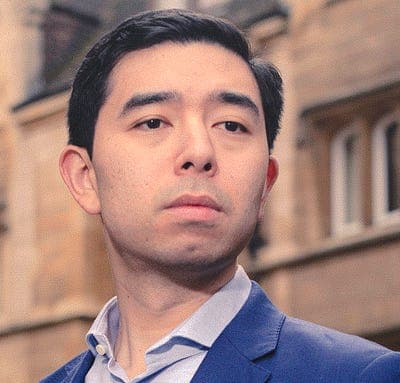Disaffected Elite Class Drives U.S. Radicalism, Analyst Argues

New analysis published by Rob Henderson in The Free Press posits that a segment of the American population, characterized by Ivy League diplomas and significant cultural capital, is increasingly fueling new forms of radicalism. This group, despite their privileged educational backgrounds, finds itself "locked out of wealth and status," leading to widespread disaffection, according to the article. The Free Press announced this perspective on social media, stating: > "Armed with Ivy League diplomas and cultural capital but locked out of wealth and status, this disaffected class is fueling America’s new radicalism, writes Rob Henderson for The Free Press."
Rob Henderson, a Senior Fellow at the Manhattan Institute and a columnist for The Free Press, is known for his work on social class and human behavior. He holds a PhD in psychology from the University of Cambridge and is the bestselling author of "Troubled: A Memoir of Family, Foster Care, and Social Class." His research often explores the psychological and societal impacts of shifting class dynamics in modern America.
Henderson's article, titled "The Revolt of the Rich Kids," details how this cohort, raised with high expectations, experiences a form of "downward mobility." They came of age during periods of economic uncertainty, such as the post-Great Recession era, and often find that highly coveted positions in fields like academia, media, and politics are scarcer than anticipated. This gap between their perceived potential and actual opportunities contributes to their profound discontent.
This unfulfilled promise, Henderson argues, translates into a significant psychological and political engine for contemporary social movements. The disaffection, while not stemming from traditional poverty, represents a "sting of loss" for those who expected to maintain or surpass their parents' socio-economic standing. This frustration is then channeled into radical political expressions and a critique of the systems they believe have failed them.
The analysis suggests that this phenomenon has broader implications for understanding societal divisions and political polarization. Henderson's work frequently touches upon "luxury beliefs," where certain ideas and opinions adopted by the affluent confer social status but can have unintended negative consequences for less privileged groups. His latest article offers a critical lens on the origins of contemporary radicalism within unexpected societal strata.